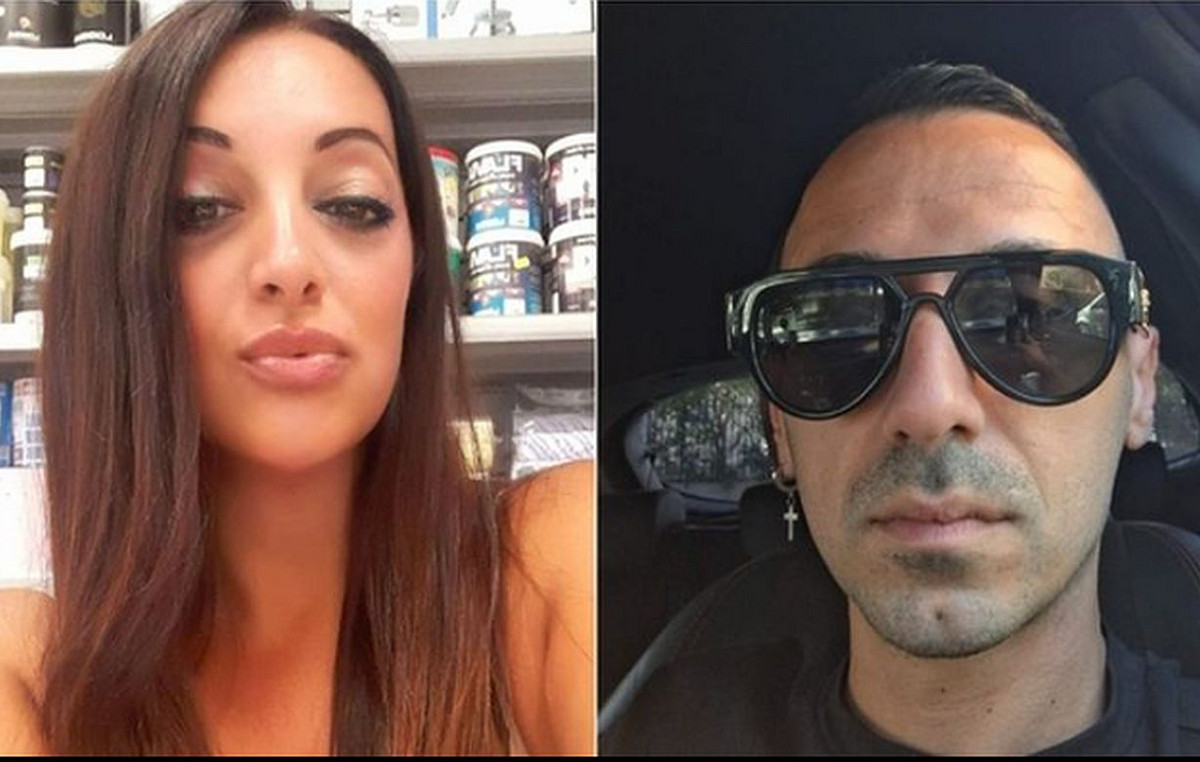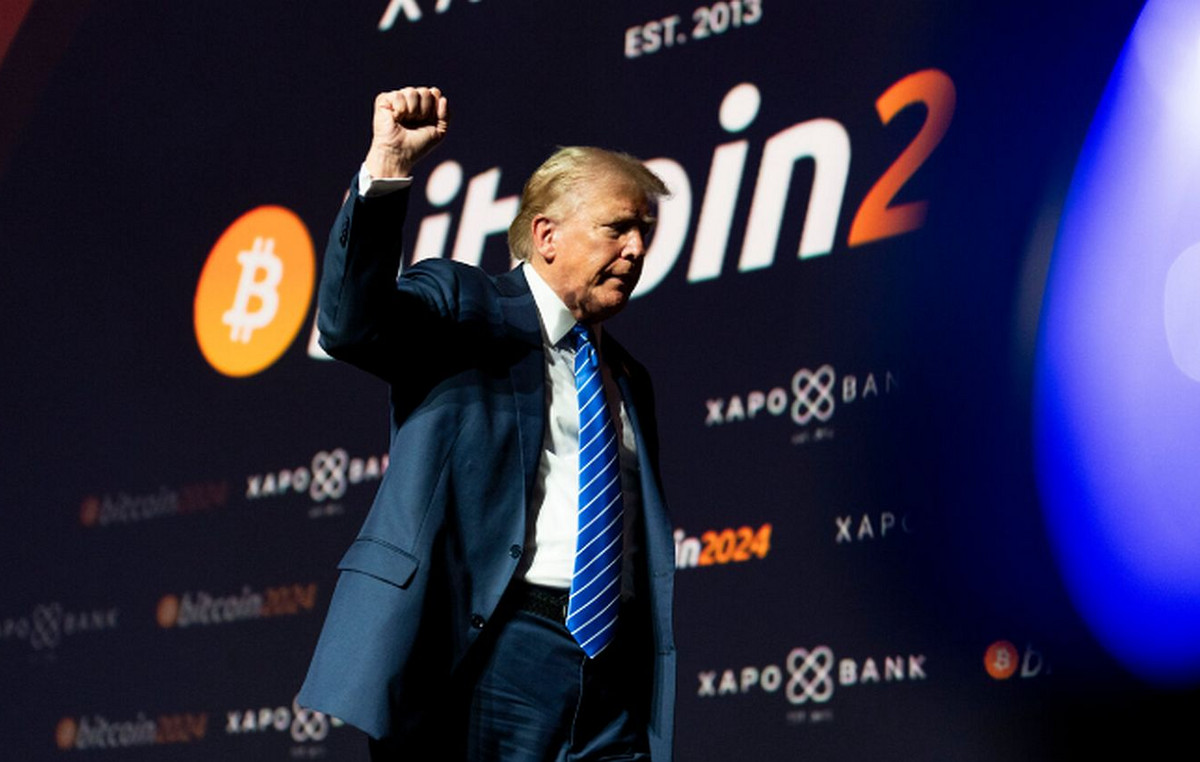France’s far-right candidate Marine Le Pen is closing the gap on President Emmanuel Macron ahead of the country’s second round of presidential elections, a poll showed on Tuesday, as voter turnout is forecast. it’s falling further.
The OpinionWay-Kea Partners poll published by Les Echos and Radio Classique showed Le Pen closing the gap by one point, although Macron still won the second round with 54% of the vote.
The estimate of French voter turnout fell further, reaching 70%, down from 74.56% in 2017, which was already the lowest since 1969.
So far, four of the candidates who contested the first round, Jean-Luc Mélenchon, Anna Hidalgo, Valerie Pecresse and Yannick Jadot, declared opposition to Le Pen in the second round. “We know who we will never vote for and you must not support Le Pen. There should not be a single vote for Le Pen in the second round,” Mélenchon said in a speech to his supporters.
Former president and conservative Nicolas Sarkozy also declared support for the current president: “I think he has the necessary experience, as we face a deep international crisis, more complex than ever,” he said in a statement posted on social media.
Macron has taken a statesman’s stance in the face of international crises, willing to speak face-to-face and on the phone several times with Vladimir Putin before and after the Russian invasion of Ukraine, in a way that other world leaders would not be willing or, as the Macron supporters would not be able to.
It is not the first time that Macron has played the role of something of a leader of Europe’s soul. The Frenchman took the reins in his treatment of former US President Donald Trump during some of the most difficult moments of his time in office.
He also set much of the EU’s red line during Brexit talks with the UK. He organized talks in Paris with rival groups in Libya in order to secure a ceasefire. And, during the early days of the Covid-19 pandemic, he tried to broker a world truce.
On the other hand, the crisis that followed the Russian invasion of Ukraine impacted Macron’s popularity and votes, with rising inflation and a lack of prospects for the end of the war.
Marine Le Pen, on the other hand, has her origins in the French extreme right. Her father, Jean-Marie Le Pen, founded the National Front in 1972, a political party long seen as racist and anti-Semitic.
But her economic nationalist stance, her views on immigration, Eurocentrism and her stance on Islam in France — she wants to make it illegal for women to wear headscarves in public — has proved unpopular with the French electorate, since that she was beaten in her first battle against Macron.
Before the election of the first round, Le Pen declared that he would work to unite France: “I intend without waiting to sew the tears that a torn France suffers and that the power was able to do”, Le Pen told supporters.
While “stopping uncontrolled immigration” and “eradicating Islamic ideologies” remain the top two priorities of his platform, Le Pen has sought to broaden its appeal.
In the weeks leading up to the first round of elections, Le Pen campaigned hard on issues affecting the pocketbook, often initiating interviews and media appearances explaining to voters how she would help them deal with inflation and rising fuel prices. , priority issues for the French public.
*with information from Sarah Morland of Reuters
Source: CNN Brasil
I’m James Harper, a highly experienced and accomplished news writer for World Stock Market. I have been writing in the Politics section of the website for over five years, providing readers with up-to-date and insightful information about current events in politics. My work is widely read and respected by many industry professionals as well as laymen.







